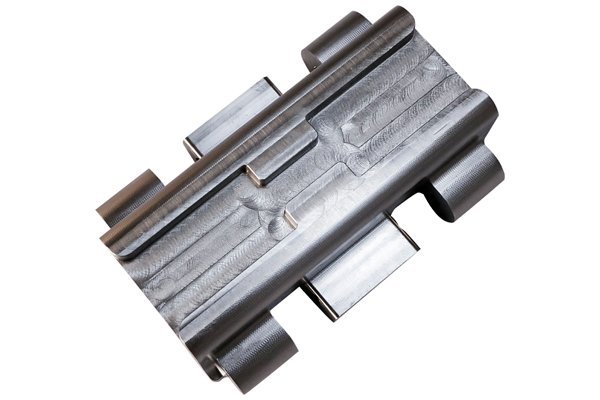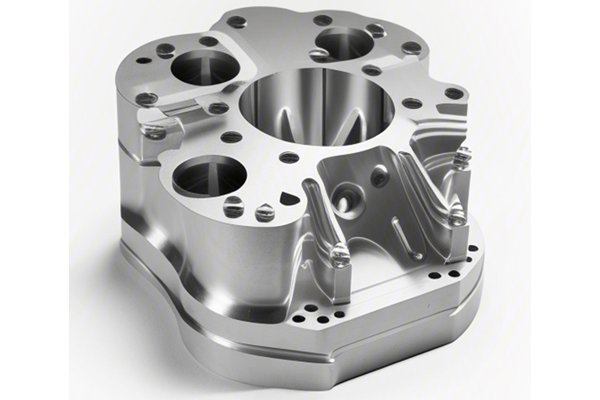Opening
Did you know that the global market for plastic materials is anticipated to reach $650 billion by 2025? This staggering figure is a testament to the increasing demand for high-quality plastic components across various industries, including automotive, aerospace, medical, and consumer goods. At the heart of this growth lies the transformative process of Computer Numerical Control (CNC) machining, which allows manufacturers to create precise, intricate designs from a wide range of plastic materials. So, how do you choose the right plastic material for your CNC machining project? This blog will guide you through the essential factors you need to consider, providing a detailed solution to this common challenge.
—
Understanding CNC Machining and Its Applications
CNC machining is a highly efficient method of producing components with remarkable accuracy and consistency. By using computer-controlled machines, manufacturers can produce parts from a variety of materials, including metals, wood, and plastics. Among these, plastics are particularly popular due to their versatility, lightweight nature, and ease of machining.
Depending on your project requirements, CNC machining can accommodate perhaps hundreds of different types of plastic materials, each offering unique properties and characteristics that suit specific applications. However, finding the right plastic for your project necessitates a thorough understanding of various factors, including mechanical performance, temperature resistance, chemical stability, and cost-effectiveness.
—
Factors to Consider When Choosing the Right Plastic for CNC Machining
The mechanical properties of plastic are foundational to its performance in CNC machining applications. Key properties include tensile strength, impact resistance, rigidity, and flexibility. Here’s how to assess these attributes:
Plastics are known to expand when heated and shrink when cooled. This behavior can significantly affect the precision of CNC machined parts during production and in service:
If your parts will come into contact with chemicals or harsh environments, selecting materials with suitable chemical resistance is crucial. Follow these guidelines:
Not all plastics are easy to machine. Some materials can cause tool wear faster than others, and some may produce hazardous fumes when heated. Here’s how to evaluate machinability:
Balancing performance and cost is crucial when selecting the right plastic for CNC machining. Here’s how to optimize value:
Sustainability and environmental impact are increasingly crucial in today’s manufacturing landscape. Here are some considerations:

—
Popular Plastic Materials Used in CNC Machining
To make an informed choice, let’s explore some common plastic materials utilized in CNC machining, along with their unique characteristics and applications:
—
Choosing the right plastic material for CNC machining is a critical process that can significantly impact the performance, durability, and cost of your final product. By considering mechanical properties, thermal behavior, chemical resistance, machinability, cost, and environmental factors, you can make well-informed choices that align with your project needs.
As industries continue to evolve and innovate, the role of CNC machining in producing high-quality plastic components will only grow. This blog has equipped you with the knowledge necessary to navigate material selection, ensuring that your projects not only meet requirements but exceed expectations.
Remember, selecting the right plastic isn’t just about the material; it’s about how that material integrates into the overall design and functionality of your project, ensuring success in an increasingly competitive marketplace. Let the journey of your next CNC machining project begin with the best choice of material!






